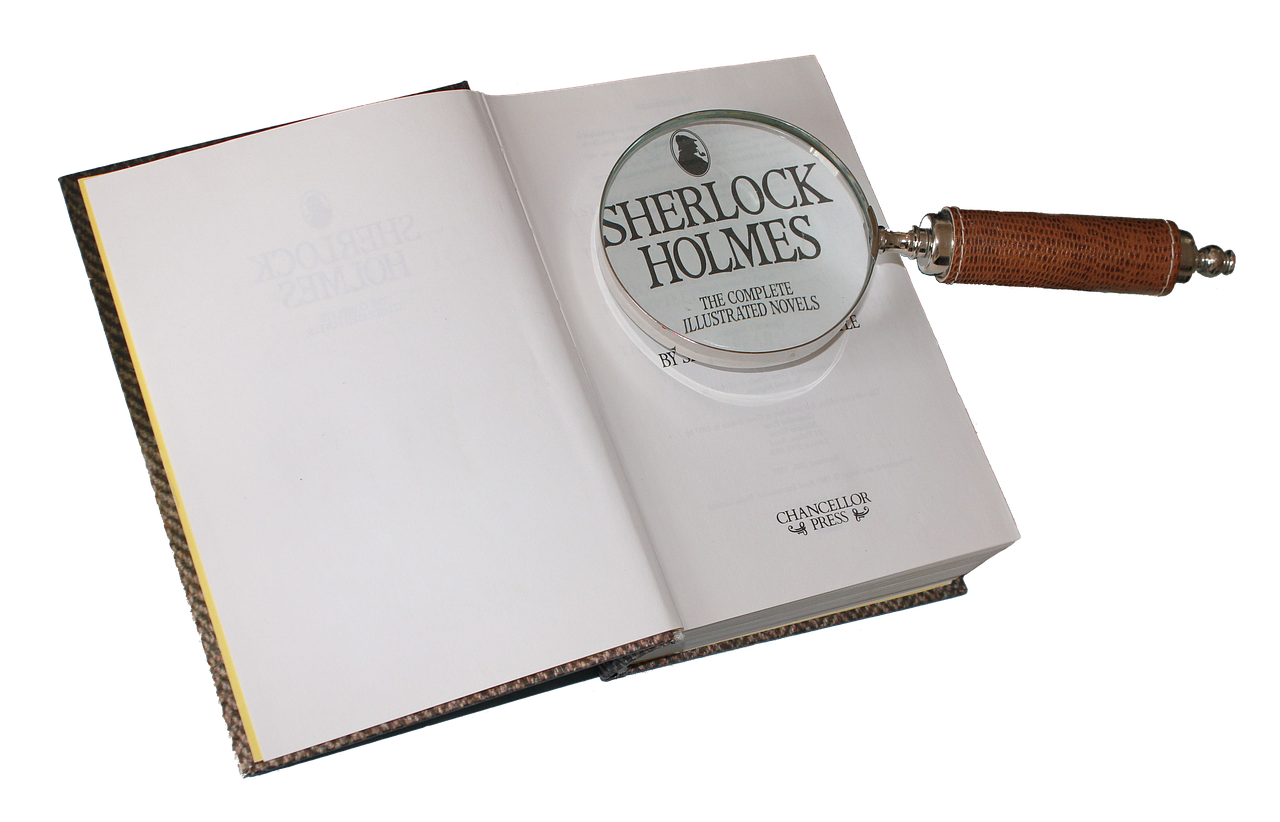-
Objective Third
Professor Ellar, Garrett, and Dora entered the room at the center of the warehouse. It was dimmer and warmer than the rooms they had wandered through. Human skulls stare back at them, stacked one on top of the other along three walls. The far wall was covered with a thick, red curtain. A large pentagram…
-
Eight Points of View: Omniscient Third

So far, I’ve been talking about points of view where the author’s persona is close to a single character in the story. When the author’s persona is close to multiple characters and combines their experiences into a single narrative, then the point of view becomes omniscient third. It’s sometimes called “omniscient author” or “authorial narration.”…
-
Omniscient Third
Professor Ellar, Garrett, and Dora reached the center of the warehouse. As their eyes adjusted to the dim light, they found themselves in one of the most confusing places they’d ever seen.
-
Eight Points of View: The Observer-Narrator

If you remember my first post in this series, there are two factors that define point of view. 1. Where the story is being told from (inside or outside it) 2. How close to the plot that position is
-
Third Person Observer-Narrator: Garrett Morton
Garrett, the professor, and Dora reached the center of the warehouse. Garrett’s eyes were immediately drawn to the skulls stacked up against the walls. At last, he had found proof that Vasco was a murderer and a monster.
-
First Person Observer-Narrator: Garrett Morton
We reached the center of the warehouse, and there we saw the strangest room I’d ever seen. It was dim but I could make out skulls — hundreds of them — lining the walls.
-
Eight Points of View: First Person and Limited Third

In my last post, I observed how first person and limited third are the most commonly used POVs. Because of this, I’m not going to spend too long on either of them. Yet I still want to talk about them — for the sake of completion and to establish a basis of comparison.
-
Limited Third: Professor Matthew Ellar
At last, Professor Ellar, Garrett and Dora reached the heart of the facility. As his eyes adjusted to the dimness, Ellar found himself in one of the most confusing places he’d ever seen. Hundreds of human skulls lined three walls. It reminded him of the catacombs beneath Paris. Then there was that unavoidable pentagram drawn…
-
First Person: Dora Marcel
We made it to the heart of the warehouse. The room felt different from the rest of the building. As soon as I saw that white pentagram drawn on the floor, I knew why. This was the source of the evil that radiated from this place. The arcane symbols surrounding the huge sigil. A portal…
-
Eight Points of View: An Introduction to Point of View in Fiction

Pull a novel from your bookshelf, or open your favorite one in your e-reader of choice. What point of view is it written from? Who’s telling the story? Chances are that a main character is telling the story themselves in the first person, or the author is telling someone else’s story in the third person.